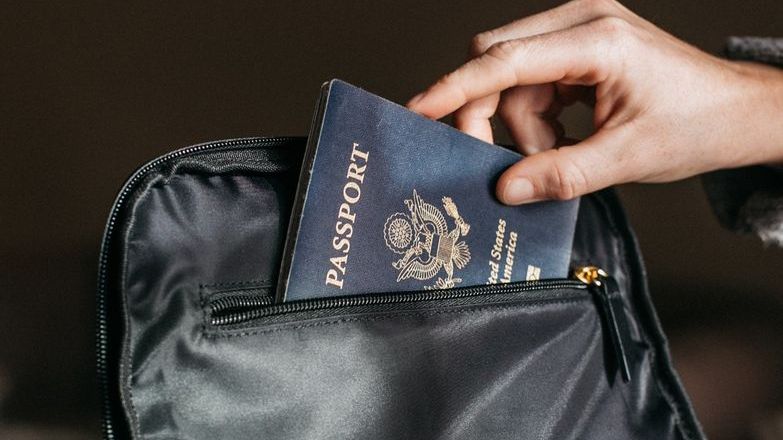
The focus of checks going forward is on the immigration status of an applicant, which for EEA and Swiss citizens resident in the country before the end of 2020, will generally be Settled or Pre-Settled.
Over recent months, the Home Office has processed more than 5.2m applications to the EU Settlement Scheme. This in part, is in preparation for online checks to be used at scale. The majority of EEA citizens will have a digital share code that they can offer to evidence their status however it is not mandatory to use this, and applicants must not be discriminated against if they choose to offer hard copy documents for an in-person check (or video check under COVID-19 adjusted arrangements until 31 August 2021).
Checking EU citizens in existing tenancies
The guidance states that there is no requirement to carry out retrospective checks on EEA citizens who entered a tenancy before 30 June 2021. If the original check was undertaken in line with the guidance that applied when the check was made, the agent will maintain a continuous statutory excuse. Propertymark has repeatedly stated to the Home Office that freedom of movement has meant that agents will often have no searchable record of the nationality of existing tenants. A new check only needs to take place within 28 days prior to the start of any new tenancy.
Tenants who fail follow up checks
If a follow-up check reveals that a tenant no longer has a valid Right to Rent or tenants refuse to undergo follow-up checks, the agent should make a report to the Home Office. Making a report will generate a unique reference which will be evidence of your continued statutory excuse.
Online checks from 1 July
The Home Office online checking service has been available since 25 November 2020, but the large-scale rollout is a step forwards and alleviates pressure on agents who are concerned about the authenticity of hard copy documents.
To undertake a check using the service, the agent inputs a share code and date of birth which generate a real-time immigration status result for a Right to Rent check and dates for follow-up checks where necessary. As with in-person checks, the agent needs to save a copy of this result for 12 months beyond the end of the tenancy.
Crucially, these online checks can be undertaken by video call beyond the scheduled end of COVID-19 arrangements for adjusted checks in August 2021, as they do not depend on the agent seeing hard copy documents.
However, agents cannot insist that individuals prove their status in this way. In order to avoid discrimination, applicants must have an equal opportunity to go through a manual check using hard copy documents, according to the new lists of acceptable documents in the Code of Practice on Right to Rent: Civil penalty scheme for landlords and their agents. These manual checks must be carried out in person after 31 August 2021.
Visiting nationals of EEA and specified countries with a Biometric Passport
Nationals of the EEA, Australia, Canada, Japan, New Zealand, Singapore, South Korea and USA who hold a Biometric passport can enter the UK via egates at ports and airports and stay in the country for up to six months. They will not have a visa type document or a stamp in their passport, but they are permitted to use their passport and evidence of travel to the UK (an air/rail/boat ticket or boarding pass for example) to demonstrate their Right to Rent.
Where evidence for a Right to Rent check is based on this, agents must schedule a follow-up check before the end of the 12-month period.
What are the penalties?
The Right to Rent scheme carries significant enforcement with civil penalties of up to £3000 per disqualified person and as repeat offences are taken into account, this can escalate to criminal convictions and prison sentences.
The responsibility and liability initially lie with the landlord and the guidance acknowledges the practice of transferring responsibility to the agent (or to a referencing agent) but responsibility must be clearly specified within your terms of business. This is even more important where you have offered a Tenant Find service but are not managing the tenancy.




